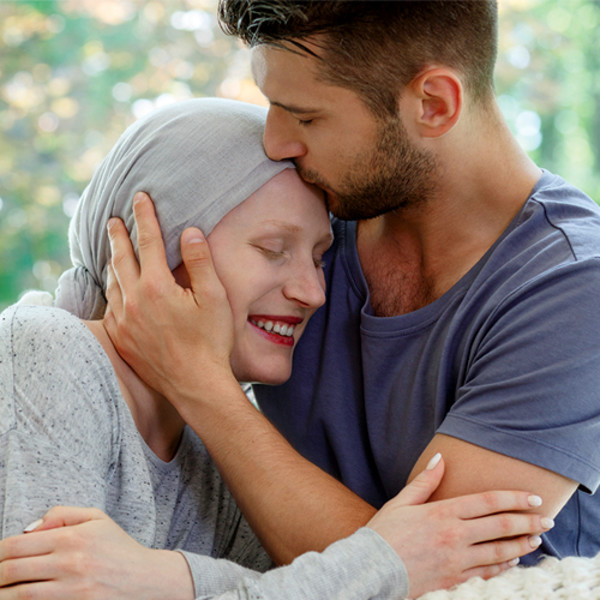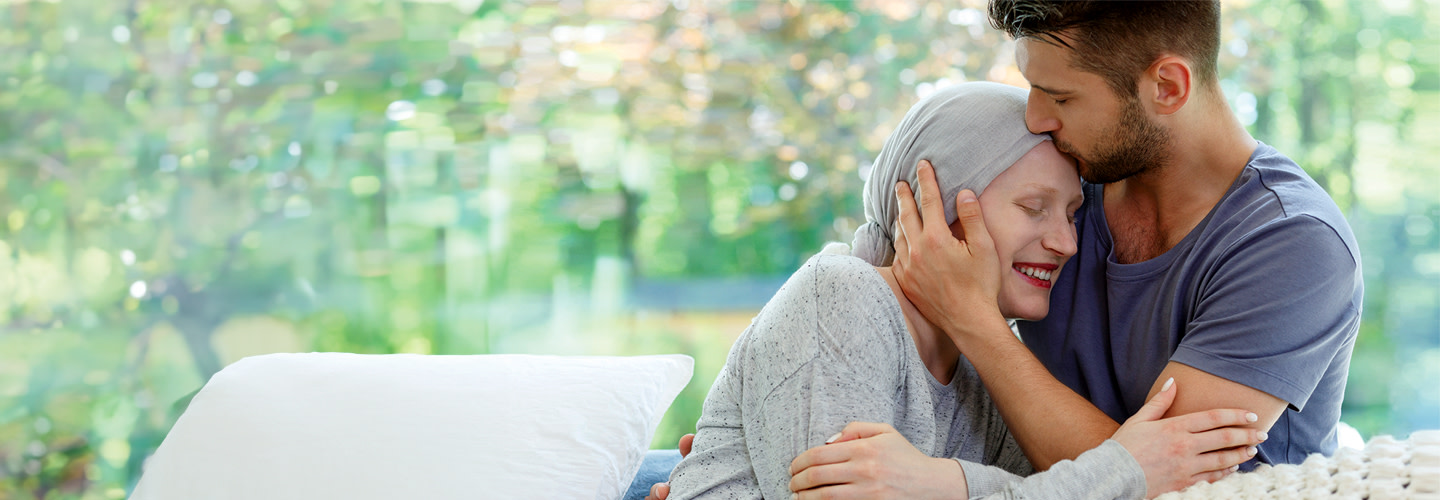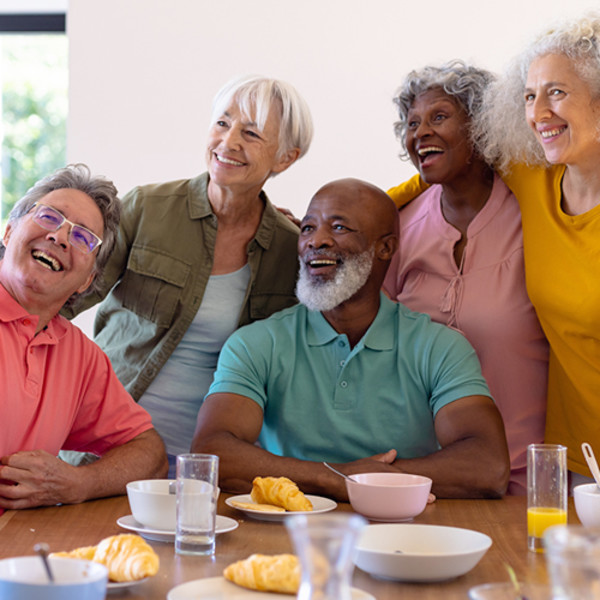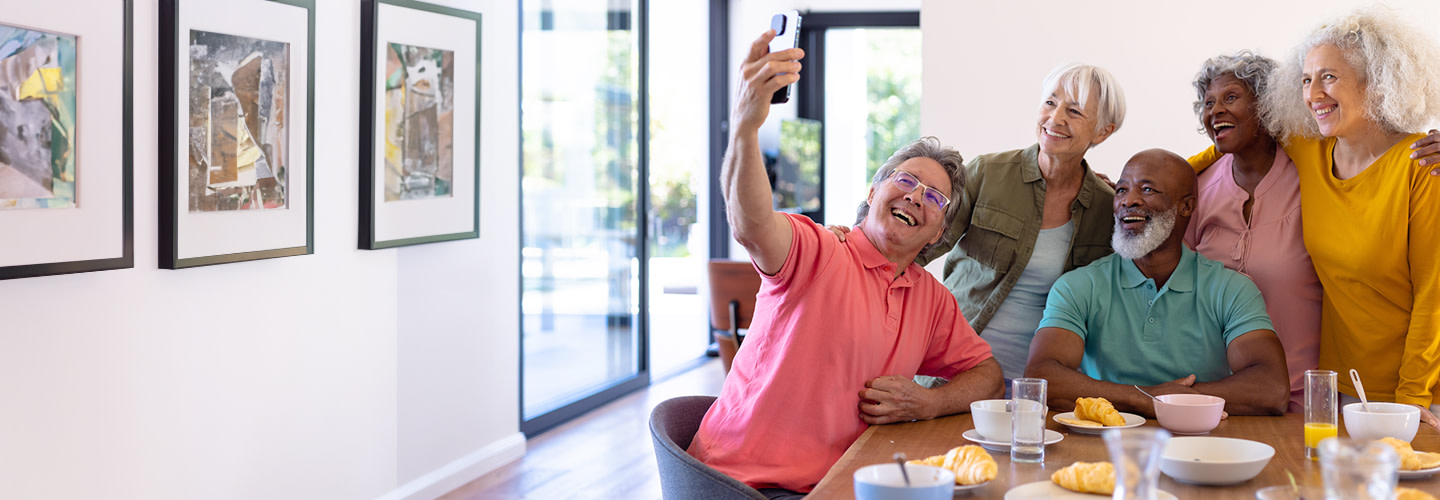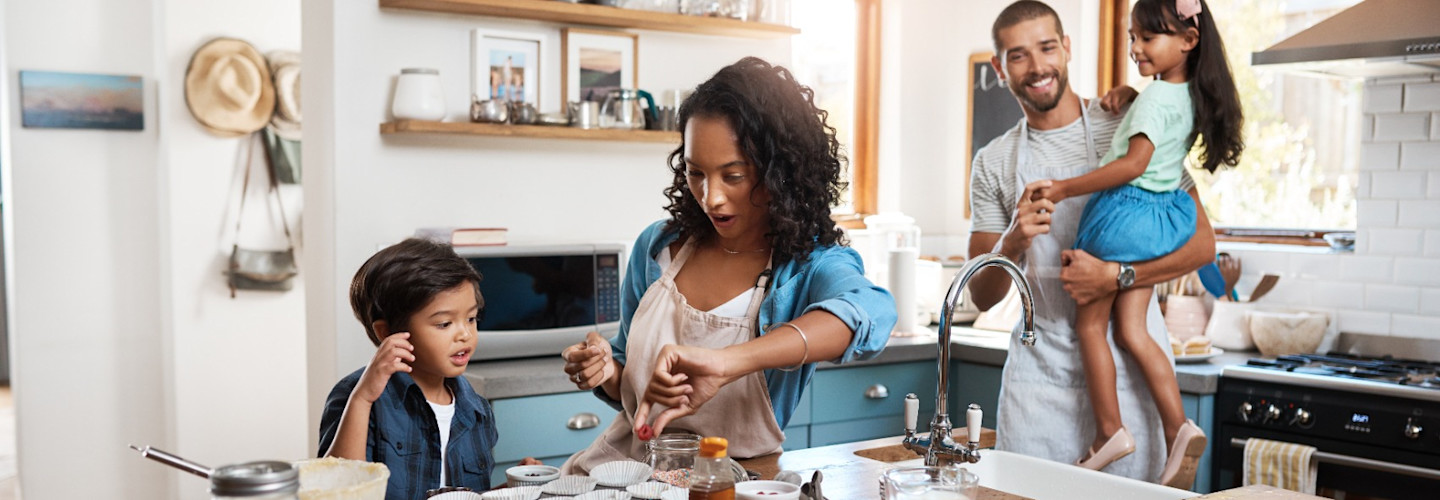Pan‑American Life Insurance Group
We've been named a 2025 U.S. Best Managed Company
This recognition comes sponsored by Deloitte Private* and The Wall Street Journal and speaks to our commitment to all who depend on us
Pan‑American Life Insurance Group
Trusted for over 110 years to take care of the important things in life, let us take care of you.
Insurance solutions help to protect your financial stability and safeguard your loved ones.
Pan‑American Life Insurance Group
Trusted for over 110 years to take care of the important things in life, let us take care of you.
Insurance solutions help to protect your financial stability and safeguard your loved ones.
Our Solutions
We will help you find the right solution to meet your insurance needs
For Individuals
Already Working With Us?
Find your portal
Our Solutions
We will help you find the right solution to meet your insurance needs
Already Working With Us?
Find your portal
For Individuals
For Individuals
For Employers & Sponsors
For Employers & Sponsors
For Agents & Brokers
23 RF
Financial Wellness Trends, Life Insurance
Do Stay‑at‑Home Parents Need Life Insurance?
Often, working parents buy life insurance to ensure their family will receive continued income should the unthinkable happens. But what if you’re a stay‑at‑home parent? If you don’t bring home a paycheck, do you still need life insurance in order to provide for your family?
Getty Images
Digestive Diseases
What Causes Gallstones and How to Prevent Them
Consuming too much fat can increase damage
FAQ
Testimonials
Pan‑American Life has been responsive to all of my needs and the needs of my clients. It's created a bond; one that trust and support have everything to do with."



